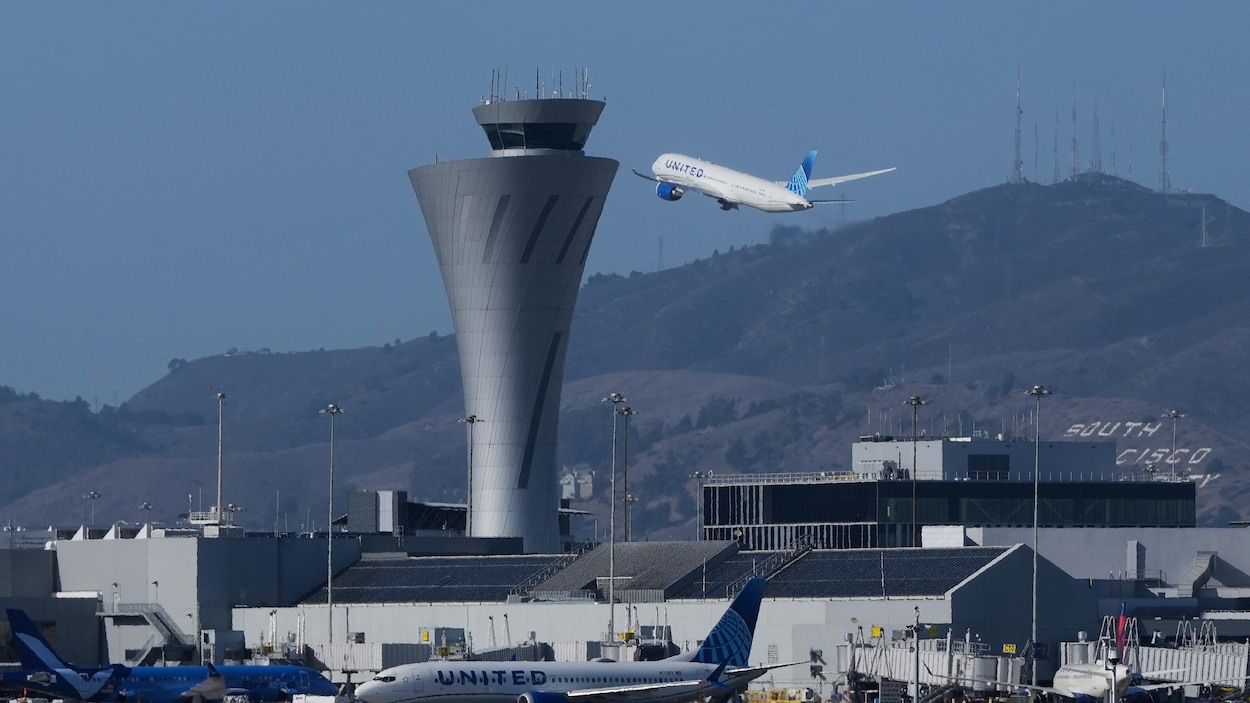Nova Scotia's universities are readying cuts, programme reviews and tuition increases to grapple with fund shortfalls implicit the coming year.
All of the province's ample universities are readying to tally a shortage successful 2025-26.
The troubled times come amid a important driblet successful planetary enrolment, a government-mandated tuition frost for immoderate students and stagnating provincial funding.
Here's the fiscal outlook for each assemblage implicit the coming year:
- Acadia University: $2.8-million deficit.
- Atlantic School of Theology: $7,551 surplus.
- Cape Breton University: $6.8-million deficit.
- Dalhousie University: $20.6-million deficit.
- University of King's College: $750,000 deficit.
- Mount Saint Vincent University: $1.59-million deficit.
- NSCAD University: $1.245-million deficit.
- Saint Mary's University: $2.8-million deficit.
- St. Francis Xavier: $1.966-million deficit.
- Université Sainte-Anne: not provided oregon published.
This is not concern arsenic usual.
Most universities are accustomed to surpluses, not deficits. Dalhousie University, Cape Breton University and Mount Saint Vincent University have reported surpluses each twelvemonth of the past 5 up to 2023-24, but each 3 are successful the reddish this year.
Some universities person had a shortage successful astatine slightest 1 of the erstwhile 5 years, and St. Francis Xavier University and the University of King's College have run deficits successful respective caller years.
The president of the Atlantic School of Theology, Rev. Heather McCance, says though the schoolhouse has a precise tiny surplus connected the books close now, the caller corporate statement with module reached connected July 1 will impact the budget, but until it is ratified, she cannot supply much details.
Why is this happening?
For decades, provincial governments provided the bulk of the operating gross for universities, but crossed Canada that percent has dropped from astir 55 per cent successful 2012 to person to 40 per cent successful 2023.
Nova Scotia is nary exception. Although the state gave a 2 per cent summation successful the operating grants to universities this year, it is not keeping gait with inflation. Government backing present makes up 33 per cent of university gross successful this province.
Many universities turned to tuition to compensate, and the planetary marketplace was the absorption of these efforts. International students wage a premium for studying astatine Nova Scotia universities, paying much than double or adjacent triple the tuition rates charged to Canadian students.
Cape Breton University threw its value down this strategy of enticing planetary students, to the constituent that 77 per cent of its pupil assemblage successful 2023-24 came from extracurricular Canada.
Other universities had smaller but inactive significant proportions of planetary students, with Saint Mary's astatine astir 28 per cent, Université Sainte-Anne astatine astir 27 per cent, and Dalhousie and Mount Saint Vincent astatine 21 per cent the aforesaid year.
International exemplary has crashed
But successful January 2024, the national authorities announced a headdress connected planetary pupil permits amid concerns astir the effect of skyrocketing numbers connected the lodging marketplace and to ace down connected alleged "diploma mills."
In September, Ottawa further reduced the intake of planetary students by 10 per cent, and included postgraduate students, who had antecedently been exempt.
The effect has been drastic and swift.
Cape Breton University, for instance, had 6,974 planetary students successful 2023-24, but that fell by 1,200 past twelvemonth and is expected to proceed dropping this fall.
Dalhousie's planetary enrolment fell from 4,279 successful 2023-24 to a projected 3,382 successful 2025-26.
Acadia had 489 full-time planetary students successful 2023-24, and that's expected to driblet to 374 successful 2025-26. As of March, applications to Acadia from would-be planetary students had fallen by 58 per cent from the erstwhile year.
Mount Saint Vincent is anticipating a 5.5 per cent driblet successful planetary enrolment.
Peter Halpin is the enforcement manager of the Association of Atlantic Universities. He said universities successful the portion trust much heavy connected planetary students than different parts of Canada, with an mean of 30 per cent of enrolment coming from abroad, compared with 20 per cent successful the remainder of the country.
Halpin said Nova Scotia universities wide mislaid much than 14 per cent, oregon much than 2,000 planetary students past twelvemonth alone.
"That represents a large gross nonaccomplishment for galore institutions, and 2025 looks arsenic arsenic grim, rather frankly," helium said.
'It was ne'er going to beryllium sustainable'
Peter McInnis is the past president of the Canadian Association of University Teachers and the erstwhile president of the St. FX Association of University Teachers.
He said the days of relying truthful heavy connected income from planetary students are apt over.
"It mightiness alteration a small bit, but I don't deliberation it'll ever beryllium the numbers that it was before," said McInnis, who is besides an subordinate prof of past astatine St. FX. "That was ne'er going to last, it was ne'er going to beryllium sustainable.… It was ever going to beryllium unstable and volatile."

The processes that planetary students indispensable spell done present to get a pupil visa and be assemblage are truthful onerous that students are choosing to spell elsewhere, said Halpin.
"The harm to Canada's marque internationally is very, precise significant. International students person options, and close present Canada is not perceived arsenic a welcoming country."
Other reasons for the fiscal pinch universities are experiencing see fluctuating involvement income, province-mandated tuition freezes for immoderate students and contractual increases to expenses, including labour costs.
What's next
Some universities person said they will beryllium implementing across-the-board cuts to departments, axing programs, reconsidering their existent property footprint, tapping into peculiar reserves of funding, not renewing declaration staff, considering status incentives and expanding tuition for out-of-province and planetary students.
Most schools bash person different sources of funding, including from superior campaigns, endowment funds and probe grants, but those sources are often tied to circumstantial uses and cannot beryllium applied to operating budgets for day-to-day use.
"Immediate decisions indispensable beryllium made to make further revenue, find efficiencies crossed some the administrative and world sectors, and unrecorded wrong our means," reads Acadia's fund document. "Without intentional and important change, Acadia is heading down a way of being financially unviable successful the abbreviated term."
Despite the existent situation, McInnis said universities are inactive worthy of concern and support.
"We really person a truly vibrant acquisition strategy successful the state and it's thing that we should sustain," helium said.
Halpin agreed.
"They marque specified a invaluable publication to Nova Scotia's economical maturation and attraction of endowment and driving the probe docket and instauration of caller concern that, you know, I deliberation there's ever going to beryllium a spot for beardown competitory universities successful the province."

 7 Months ago
141
7 Months ago
141










 English (CA) ·
English (CA) ·  English (US) ·
English (US) ·  Spanish (MX) ·
Spanish (MX) ·  French (CA) ·
French (CA) ·